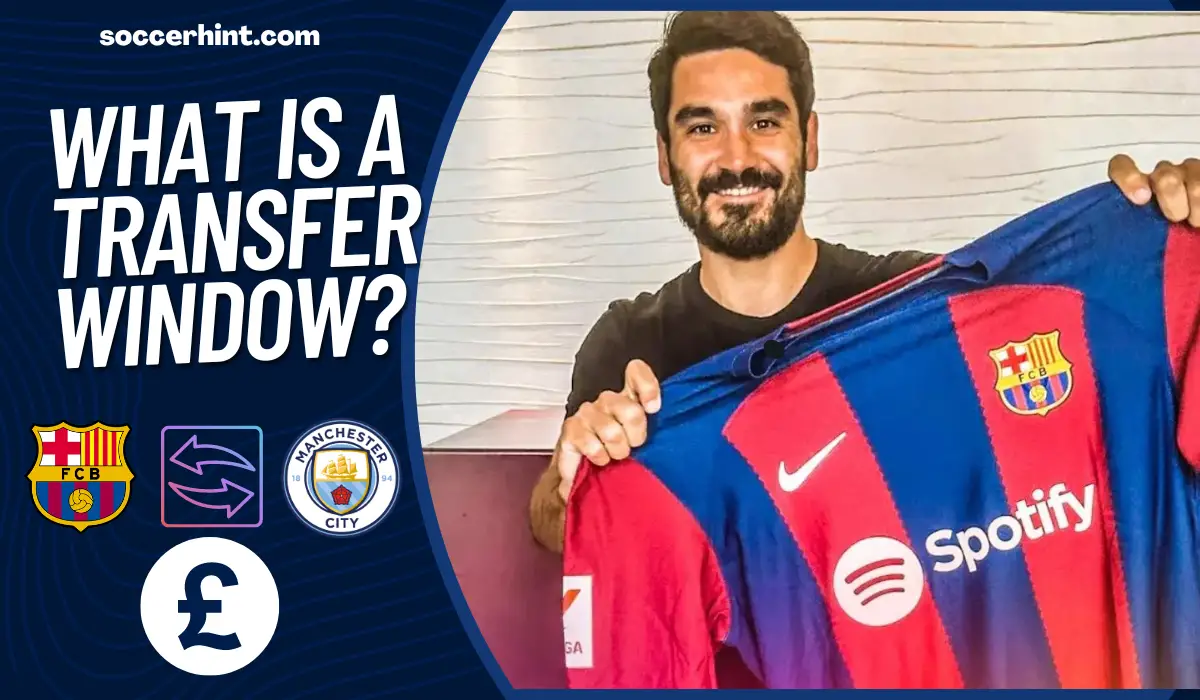For decades, soccer jerseys have been synonymous with a player’s surname boldly displayed across the back. Names like Messi, Ronaldo, and Beckham transcended mere identification, becoming iconic symbols recognized worldwide. But why this tradition? Why are soccer players known primarily by their surname?
3 Real Reasons Why Soccer Players Are Known By Their Surname
There are several factors contributing to this phenomenon. Firstly, surnames offered a clear distinction between players, especially in eras where first names held less individuality. Imagine a team with two midfielders named John – chaos would ensue! Surnames provide a way to differentiate between players quickly and efficiently, crucial for both fans and commentators.
Secondly, tradition played a significant role. Early professional leagues established the practice of using surnames, and it simply stuck. This consistency built a sense of heritage and recognition within the sport.
Let’s not forget the global appeal of soccer. With players hailing from diverse backgrounds, using surnames offered a language-neutral solution. A fan in Argentina could easily recognize “Batistuta” just as readily as a supporter in Japan. Surnames transcended cultural barriers, unifying the sport.
Read Also: How Do Football Teams Get Their Names?
The Change In Trend
Despite the general acceptance of using last names in soccer, the tide is slowly turning. Modernization and the increasing popularity of individual players have ushered in a shift towards using first names on jerseys. Here’s why:
- Brand Building: Soccer players are becoming global brands. A unique first name allows them to build a distinct identity separate from the team. Imagine the marketing power of “Kylian” for a young prodigy like Mbappé.
- Fan Connection: First names foster a sense of familiarity and connection between players and fans. Chanting “Harry!” for Kane or “Mo!” for Salah creates a more personal and intimate experience for supporters.
- Globalized Names: The international nature of soccer today means many players have first names easily pronounced and remembered across cultures. “Memphis” Depay or “Virgil” van Dijk are instantly recognizable regardless of location.
This trend is evident in the rise of jersey personalization. Fans can now choose to have their favourite player’s first name printed on their jerseys.
Read Also: How Soccer Players Choose Their Jersey Numbers
Explaining the Discrepancy
It’s important to note that this shift (preference for first name) isn’t universal. South American soccer players, for instance, still heavily favour surnames. Players like Gabriel Jesus, Alisson Becker, and Casemiro are primarily known that way.
There are a few reasons for this regional difference. In South American countries, where family plays a strong cultural role, surnames hold more significance. Additionally, many South American players have long, multi-part names, making the single-word surname a more practical choice.
Read Also: Which Footballer Has The Most Individual Award?
The Future of Jersey Names
Ultimately, soccer players are known by their surname because it offers a clear distinction between players, influenced by tradition, and because of the global appeal of the sport.
The trend towards first names seems likely to continue, but it won’t completely erase the tradition of surnames. Ultimately, the choice of which name to display rests with the player and the club. Fans will likely continue to have the option to personalize their jerseys, creating a fascinating blend of tradition and individual branding.
So, the next time you see a soccer player with their first name emblazoned across their back, remember it’s a testament to the evolving nature of the sport and the increasing focus on individual players as global brands. However, the iconic image of players like Pelé and Beckenbauer, known solely by their surnames, will forever hold a place in soccer history.





